Everything you need to know about the Manchester attack so far
Here’s a round-up of what we know so far.
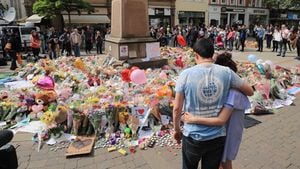
Here’s everything we know so far about Monday night’s terrorist attack in Manchester:
What happened?
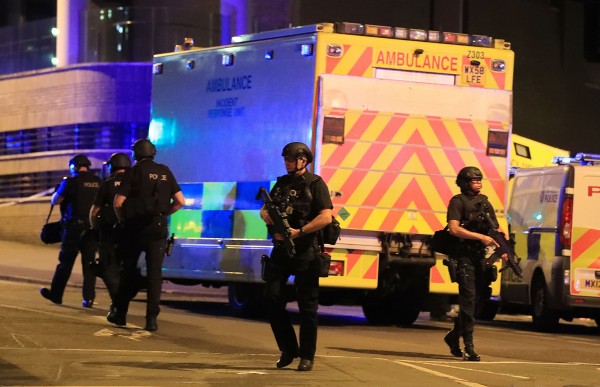
Shortly before 11pm, a man named by police as 22-year-old Salman Abedi walked into the foyer of Manchester Arena just minutes after the American pop singer Ariana Grande finished a show in the main concert space.
Abedi detonated an improvised explosive device as fans were exiting the venue, killing 22 people and injuring up to 64.
The injured, including 12 under the age of 16, were being treated at eight hospitals across Greater Manchester. Abedi died at the scene.
Who was Salman Abedi?
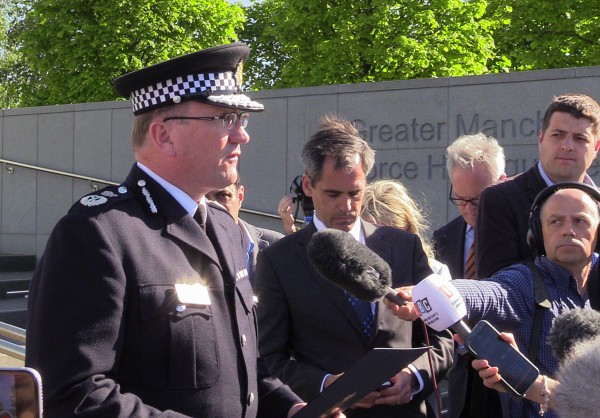
Abedi was born in Manchester to Libyan parents who reportedly fled their native country and sought refuge in the UK.
He grew up in a Muslim household in the city and is thought to have returned to the UK from Libya just days before committing the atrocity in Manchester city centre.
He studied business and management at Salford University before dropping out, and he is thought to have been radicalised after trips to Syria and his parents’ native Libya.
The French Interior Minister Gerard Collomb said he had “proven” links with the Islamic State terror group.
Who are the victims?
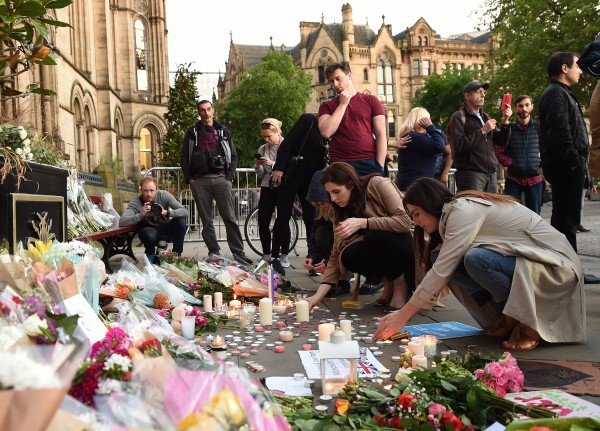
Police and relatives have confirmed the names of 16 out of 22 people known to have died in the bombing, including eight-year-old Saffie Roussos.
Saffie is the youngest victim known to have died in the incident, and had been at the concert with her mother, Lisa Roussos, and sister, Ashlee Bromwich, who are being treated in separate hospitals in the Manchester area.
A Polish couple, Angelika and Marcin Klis, who went to the stadium to collect their children, are also among those who died in the attack.
How did people respond?
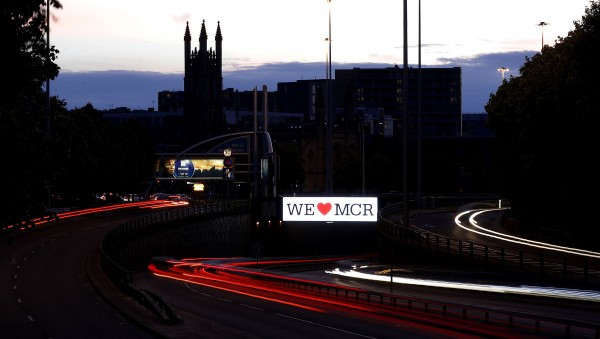
People across the city leapt into action to help in whatever way they could.
Local businesses and religious groups handed out free food and drink to police officers on patrol, taxi drivers offered free lifts to those in need and residents took to social media to offer rooms for anyone stranded in the city, using the hashtag #RoomforManchester.
Mosques and Sikh temples also opened their doors to those in need and pledged support to all those affected.
By Wednesday afternoon fundraising campaigns from the likes of the Manchester Evening News and The British Red Cross had raised over £1.1 million towards the victims and their families.
How did the Government respond?
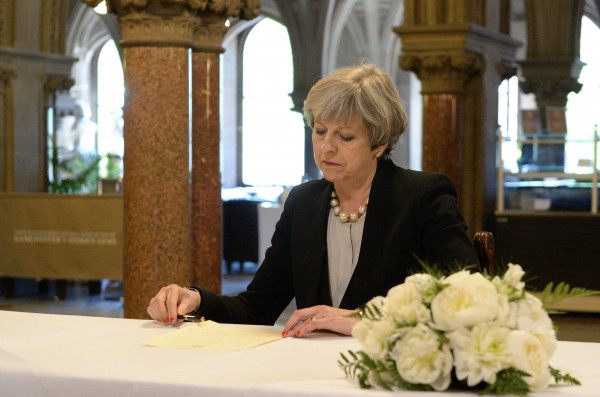
All political campaigning for the General Election was suspended and Prime Minister Theresa May described the attack as being “among the worst terrorism we have experienced in the United Kingdom”.
The Government raised the UK terror threat level to “critical”, meaning a further atrocity is expected imminently, saying a “wider group of individuals” could have been involved in the blast.
Home Secretary Amber Rudd said Abedi was known to the intelligence services “up to a point”.
How did the police respond?
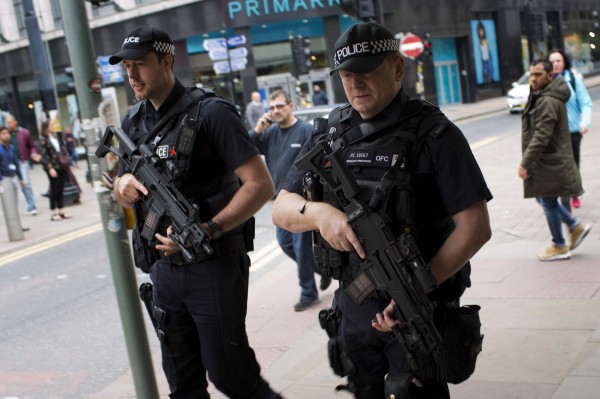
Three men were arrested in South Manchester, meaning a total of four people have now been arrested as part of the inquiry into the attack.
A controlled explosion was carried out on Tuesday afternoon as part of an investigation at an address in the Fallowfield area of Manchester.
Extra police have been put on patrol in major towns and cities across the UK, along with additional armed troops at key locations such as Buckingham Palace, Downing Street and embassies.





